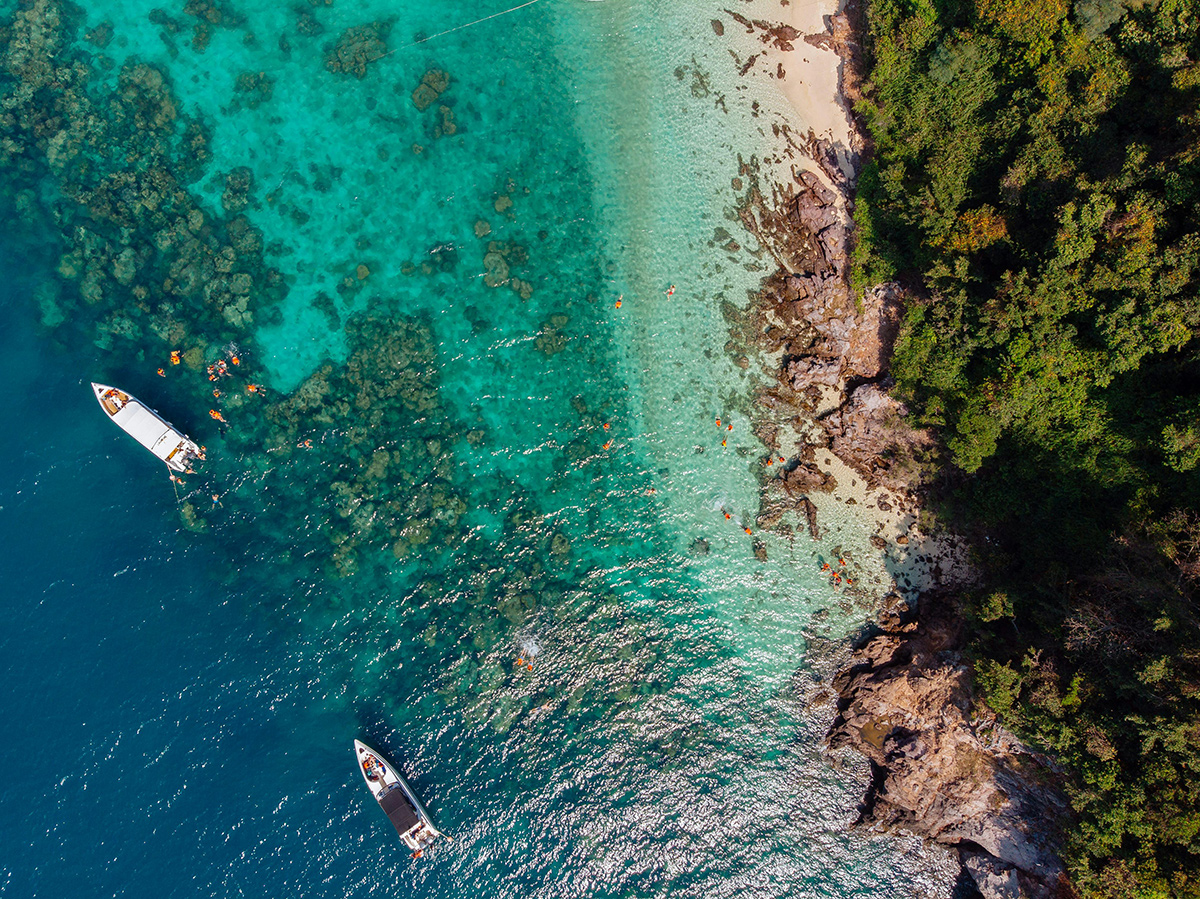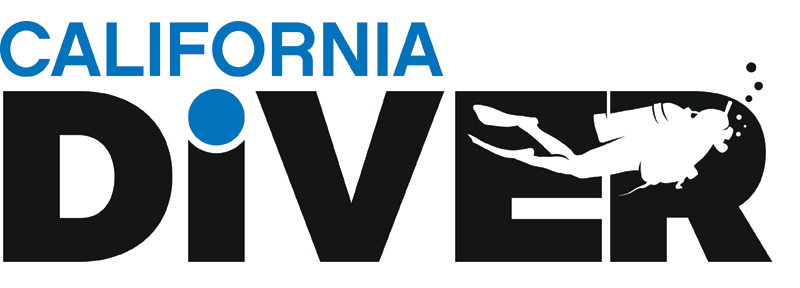
Thailand has rolled out a set of stringent new rules aimed at protecting its coral reefs, placing tight restrictions on who can photograph the country’s underwater ecosystems. The move is part of a broader effort to shield marine environments from the growing impact of tourism.
Under a newly issued ministerial directive, only divers with significant experience are permitted to carry underwater cameras. To qualify, individuals must either possess an Advanced Open Water certification or provide evidence of at least 40 logged deep-water dives. These credentials must be made available to officials upon request, and the rule applies across all forms of recreational diving — including both training sessions and certification exams.
“Non-professional underwater photographers often cause harm to coral reefs while trying to get the perfect shot,” said Pinsak Suraswadi, Director-General of the Department of Marine and Coastal Resources, in a statement to Thai PBS World.
New divers and those still undergoing instruction are explicitly prohibited from using cameras during training or examination dives. If documentation or photos are required, the task must fall to certified individuals trained through organizations like PADI, SSI, or NAUI.
Authorities point to poor buoyancy control as a common issue among less experienced divers, especially when distracted by camera gear. Contact with coral, even if unintentional, can lead to significant and lasting damage. By limiting camera use to those with proven skill, the government hopes to minimize these risks.
The regulations don’t stop at diving. Snorkellers are also affected. They are now only allowed to swim above reefs in waters at least two meters deep and are required to wear life jackets — unless they’ve completed a freediving or scuba course.
Enforcement responsibilities lie with dive instructors, guides, and tour operators, who are expected to ensure compliance. Violations may result in stiff penalties, including license suspensions, fines of up to 200,000 baht (approximately $6,000), or even imprisonment for up to two years.
Exceptions to the photography ban exist, but only for approved activities such as academic research, marine conservation work, and educational programs.
While these changes could discourage some novice divers from visiting, Thai officials argue the policy may also encourage divers to upskill. In the long run, they believe these measures are essential to preserving the country’s unique marine biodiversity for generations to come.
